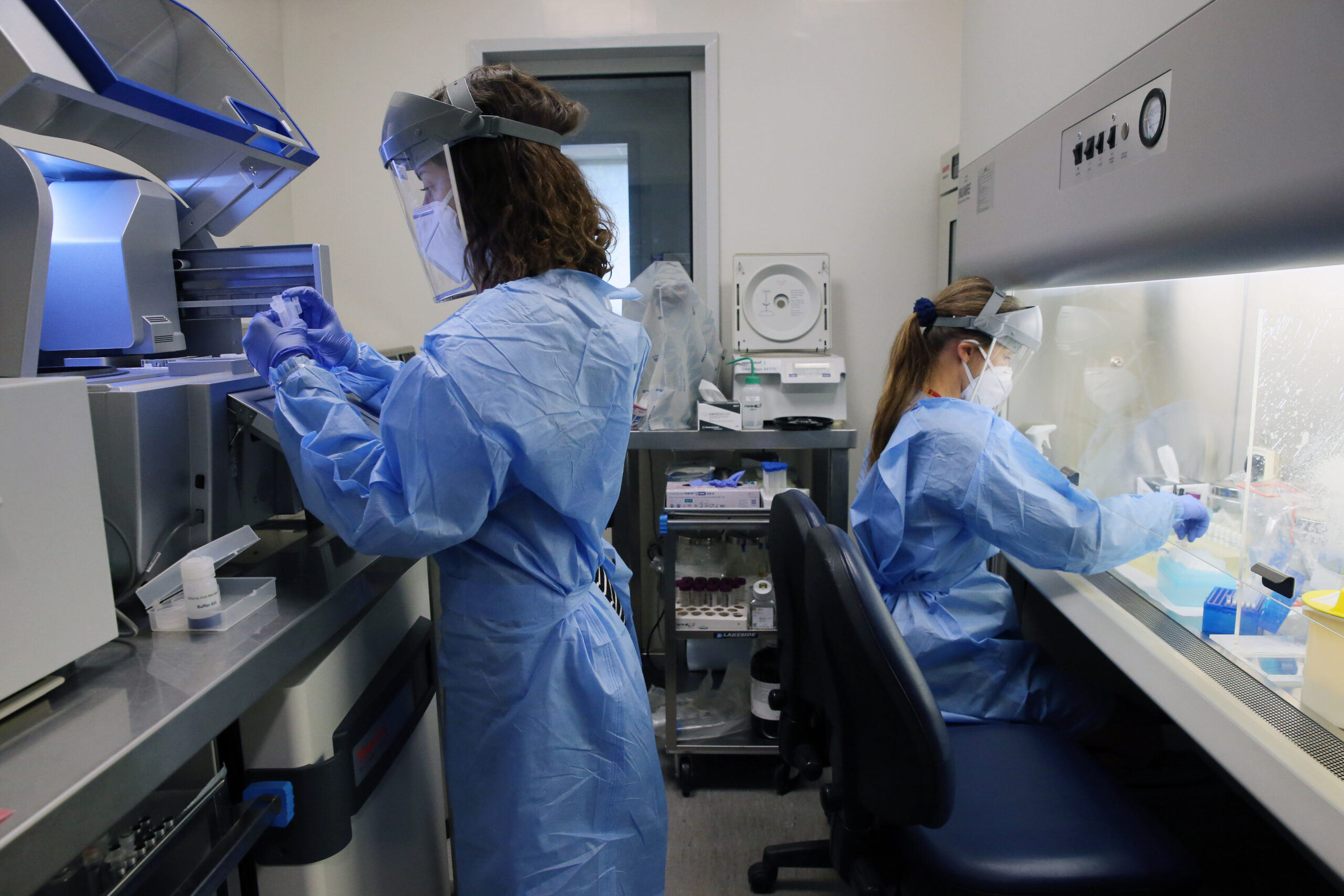As we embark on a new era, where digitisation and advanced technologies, like artificial intelligence and the Internet of Things, become a must for more sectors of the economy, we are faced with significant shortages.
There are talent shortages in the fields of science, technology, engineering, and math (STEM).
This is a major challenge not only in Cyprus but around the globe, as countries are struggling with the fact that the available job openings and future demand for STEM talent far exceed the supply.
STEM talent for future economic prosperity is paramount.
For us, cultivating a research and innovation culture and engaging young people in STEM subjects is our number one priority.
We aim to narrow and fill this gap through targeted actions and reforms, giving young people the opportunity to receive experience in STEM fields, gain valuable skills and contribute to our country’s long-term economic growth and social prosperity.
Uneven digital adoption across enterprises and sectors, gaps in digital skills, and slow technological innovation are some of the issues we need to tackle within the next few years.
The lack of STEM graduates affects a wide range of sectors, but most significantly, it affects digital transition.
It’s like having the right recipe but lacking the essential ingredients.
First of all, it is important to understand that as the demand to fill STEM-related jobs rises, so does the need for the education system to come together and break down the barriers of entry.
To this end, it is extremely important to modernise our education system by developing the pupils’ creative thinking skills in order to satisfy our future needs.
Equally important is to reskill and upskill Cyprus’ workforce and address the underrepresentation of women in STEM by providing tangible solutions through various incentives.
For example, new research and innovation funding programs in the STEM fields could have a condition that a percentage of the grantees are women.
The government has already set the bar high and remains committed to addressing the problems in a pragmatic way through targeted reforms and investments.
Fully in line with the EU’s objectives, the National Recovery and Resilience Plan, called “Cyprus Tomorrow”, and the European Structural Funds THALIA are of crucial importance.
They focus on the new generation and recognise that in order to advance to the new, digital, and green era, we need to have a scientifically, technologically and technically talented workforce.
For us, through our different capacities under the umbrella of the Cyprus National Research and Innovation Governance System, but also for me personally, it is our duty to actively believe in the young generation and invest in its unlimited potential.
To encourage them to follow the path of science, technology and innovative entrepreneurship and help them consider research and innovation as a career option.
And to be part of a modern and extroverted ecosystem that will contribute to developing a competitive economy and a prosperous society.
By Dr Nikolas P. Mastroyiannopoulos, Chief Scientist for Research and Innovation of Cyprus










